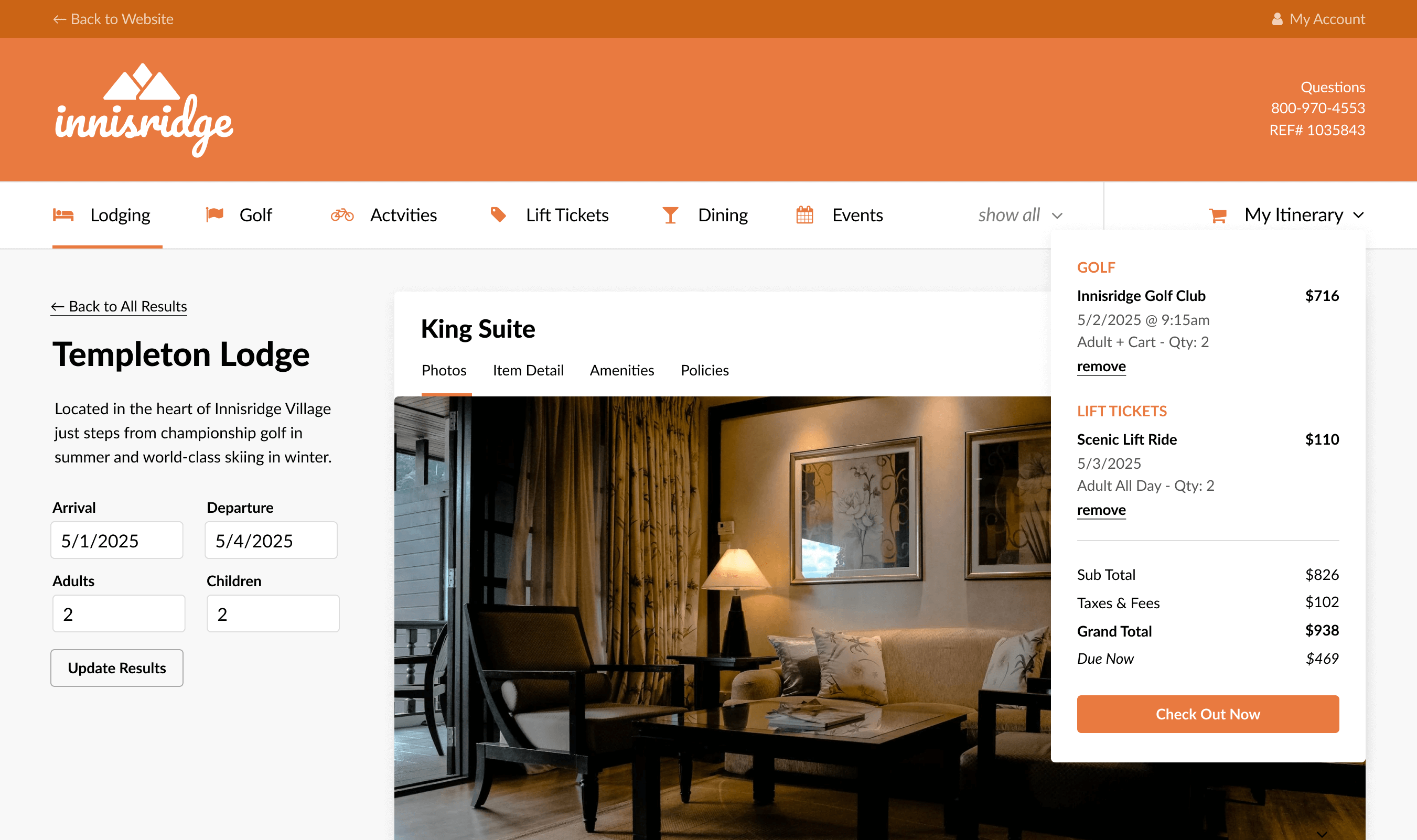
Trends

Meager snowfall at most western ski resorts during January has led to a drop off in bookings for the remainder of the ski season as lodging properties maintain a tenuous hold on revenues. The downturn was reported this morning by Inntopia in their monthly DestiMetrics Market Briefing to participating lodging and marketing organizations. As of Jan. 31, aggregated occupancy for January was down 4.4 percent while Average Daily Rate (ADR) climbed 7.3 percent compared to January 2016. Despite the drop in occupancy, the increased rates permitted a 2.6 percent increase in aggregated revenues in a year-over-year comparison to last January. Bookings made in January for arrivals from January through June are down 15.4 percent with the biggest decline coming in bookings for January arrivals—plunging 24 percent compared to bookings made last January for arrivals in that month.
The downward shift is also pushing into the remainder of the season. Aggregated occupancy for November through April is down 3.3 percent with decreases in four of the six months. As of Jan. 31, only the shoulder months of November and April were up for the winter season. However, aggregated ADR is up four percent compared to last winter enabling revenues, despite the lower occupancy, to eke out an 0.5 percent increase in revenues for the season.
“Occupancy has moved from being up slightly in November to essentially flat in December to measurably down as of Jan. 31 for the first year-over-year decline in winter season occupancy since 2011-12,” summarized Tom Foley, vice president of Business Intelligence for Inntopia. “And while some much-needed snowfall has arrived at many destinations since this data was collected, and some whiplash swings on Wall Street have changed the narrative in recent days, we’re concentrating on January performance in this report,” he clarified.
As snow has started arriving at some western destinations, economic indicators reveal continued strength despite recent rapid mercurial shifts on Wall Street.
Once again, during the month of January, the Dow Jones Industrial Average continued its meteoric rise by gaining more than 1,430 points in a single month for a 5.8 percent increase and setting an all-time Index high of 26,149.39 points for the largest monthly point gain on record. After a moderate dip last month, the Consumer Confidence Index (CCI) bounced back to post a 2.7 percent gain and the seventh consecutive month above the 120-point threshold and confirming strong consumer confidence. Employers added 200,00 new jobs in January, keeping the Unemployment Rate at 4.1 percent. This growth extends the unbroken streak of positive job creation that started in October 2010. Employee wages increased slightly during the month but are still lagging well behind pre-recession levels.
“In January, investors were reacting positively to both the strong consumer confidence and employment data that indicate economic strength,” assured Foley. “Ironically, the strong economic news is the trigger for the Federal Reserve Bank to begin raising interest rates to help control inflation after nearly a decade of artificially low interest rates,” he continued.
The Briefing emphasized several key points as mountain destinations focus on the second half of the ski season. Notably, ADR gains are smaller than they were 30 days ago but they are still holding at a level slightly above last year. However, aggregated revenues are moving down more quickly as occupancy and ADR continue to slip.
“The majority of long-distance destination visitors who book well in advance and spend more money while on vacation have mostly made their plans for the remainder of the season and we’re not expecting a lot of change in those numbers,” explained Foley. “But there is both opportunity and challenge for the remainder of the season for destinations as they work to attract regional visitors who operate on a shorter booking schedule, respond to snowfall and slope conditions more immediately, and are more competitive to capture. What we do know is that weather and economic indicators both still have the chance to influence the outcome of the ski season,” Foley concluded.